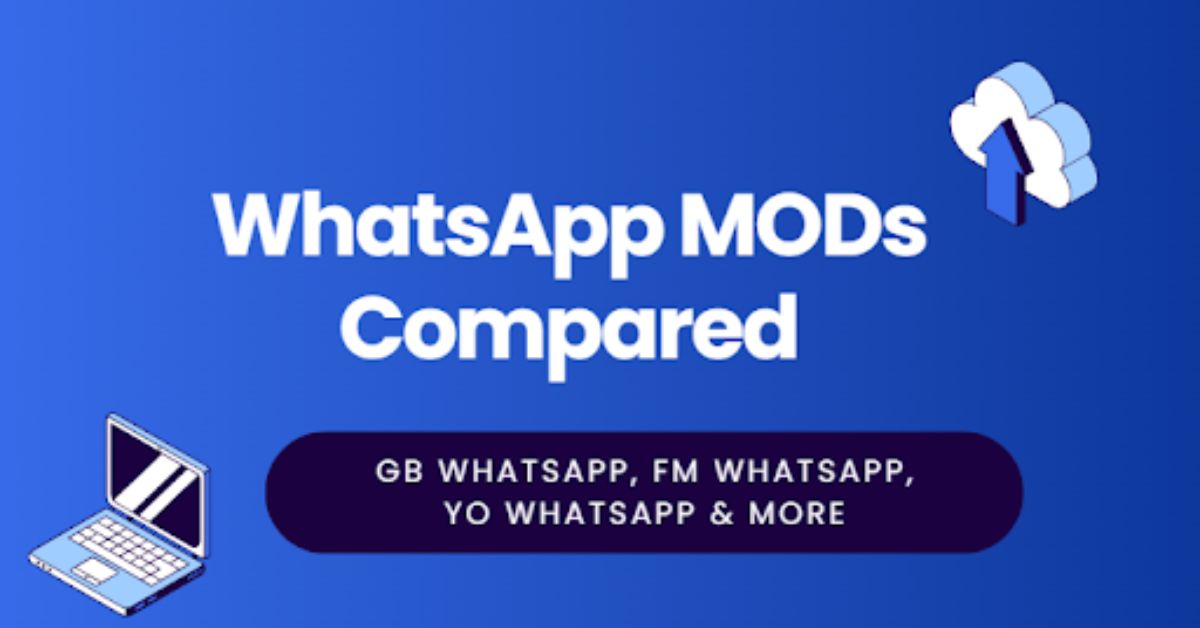Flashcards have stood the test of time as one of the most effective study tools for learners of all ages. Their simple yet powerful design allows you to break down complex information into manageable chunks, making it easier to recall facts, understand concepts, and master any subject. This article explores the best ways to use flashcards effectively, provides tips on creating engaging flashcards, and shares strategies for incorporating them into your study routine for maximum impact.
Why Flashcards Are So Effective
Flashcards leverage two critical learning techniques: active recall and spaced repetition. Active recall involves retrieving information from memory without hints, reinforcing your ability to remember it later. Spaced repetition is the process of reviewing material at spaced intervals, which helps transfer knowledge from short-term to long-term memory. Together, these techniques make flashcards an invaluable study aid.
Key Benefits of Flashcards
- Engagement: Flashcards keep you actively involved in the learning process, turning studying into an interactive experience rather than a passive one.
- Efficient Learning: By focusing on the most critical information, flashcards help you learn more in less time, making study sessions more efficient.
- Customizable Content: Flashcards can be tailored to suit any subject, whether it’s vocabulary for a new language, historical dates, scientific formulas, or business terms.
- Portable Learning: Flashcards are easy to carry and can be used anywhere—during your commute, on a break, or at home—making them an adaptable study tool.
Creating Effective Flashcards
The effectiveness of flashcards is largely dependent on how well they are designed. Here are some key tips to help you create flashcards that truly enhance your learning:
1. Focus on One Concept per Card
Keep each flashcard focused on a single question, term, or concept. Avoid cramming too much information onto one card, as this can overwhelm your memory and reduce the effectiveness of your study sessions.
2. Use Simple, Clear Language
Flashcards are meant to trigger your memory quickly, so keep the text concise and straightforward. Use simple language that you understand, and avoid unnecessary jargon unless it’s essential to the subject matter.
3. Incorporate Visuals
Adding images, symbols, or diagrams can greatly improve memory retention, especially for visual learners. Visuals help create associations that make it easier to remember the information presented.
4. Include Examples
Examples help contextualize the information, making it more relatable and easier to remember. Use real-world applications, scenarios, or analogies that connect the content to your daily life.
Strategies for Using Flashcards Effectively
Using flashcards effectively requires more than just flipping through them. Here are some strategies to maximize the benefits of flashcards in your study routine:
1. Implement Spaced Repetition
Spaced repetition is one of the most effective ways to use flashcards. Review your cards at spaced intervals, increasing the time between sessions as you become more familiar with the material. This technique strengthens memory and reduces the likelihood of forgetting.
2. Test Yourself Regularly
Actively testing yourself is essential when using flashcards. Instead of passively reading the cards, try to recall the answer before flipping it over. This approach engages active recall, which is far more effective for long-term retention.
3. Mix Up the Order
Avoid memorizing the order of your flashcards by shuffling them frequently. This practice forces you to truly learn the content rather than rely on the sequence of the cards.
4. Track Your Performance
Track which cards you find easy and which are challenging. Focus more on the difficult cards to ensure you spend extra time reinforcing areas where your knowledge is weaker.
Middle Paragraph:
For those who prefer digital tools, converting study materials into flashcards using a PDF to Anki tool can be a game-changer. Anki, a popular flashcard app, supports spaced repetition and allows you to create decks that reinforce key concepts directly from PDFs. This tool is perfect for students who want to turn textbooks, lecture notes, or research articles into interactive flashcards that can be reviewed on the go, enhancing both convenience and retention.
Digital Flashcards: A Modern Approach to Learning
Digital flashcards offer several advantages over traditional paper cards, including enhanced interactivity, accessibility, and tracking features. A flashcard generator can simplify the process by allowing users to quickly create customized sets tailored to specific learning goals. Apps like Quizlet, Brainscape, and Anki allow you to create, organize, and review flashcards easily while providing valuable feedback on your performance.
Benefits of Digital Flashcards
- Accessibility: Digital flashcards are available on multiple devices, allowing you to study anywhere and anytime.
- Automated Spacing: Many apps use spaced repetition algorithms that automatically adjust review intervals based on your performance, optimizing your study schedule.
- Enhanced Engagement: Digital flashcards can include multimedia elements like images, audio, and videos, making learning more dynamic and engaging.
- Progress Monitoring: Most flashcard apps provide performance analytics, allowing you to track your progress and identify areas that need improvement.
Common Mistakes to Avoid
While flashcards are an excellent study tool, there are some common pitfalls to watch out for:
- Cramming with Flashcards: Avoid using flashcards for last-minute cramming. They are most effective when used consistently over time.
- Skipping Difficult Cards: It’s tempting to skip over challenging cards, but those are the ones that need the most attention. Focus on mastering the tougher concepts.
- Infrequent Review: Regular practice is essential. Inconsistent use of flashcards will not reinforce the material effectively, so make review sessions a habit.
Conclusion
Flashcards are a powerful study tool that can transform your learning experience by engaging active recall, supporting spaced repetition, and providing customizable learning options. Whether you choose traditional cards or digital apps, the key is to use them consistently and strategically. By integrating these effective flashcard strategies into your study routine, you can enhance retention, boost memory, and achieve your learning goals with greater efficiency. Start using flashcards today and unlock their potential to elevate your academic and professional success.











